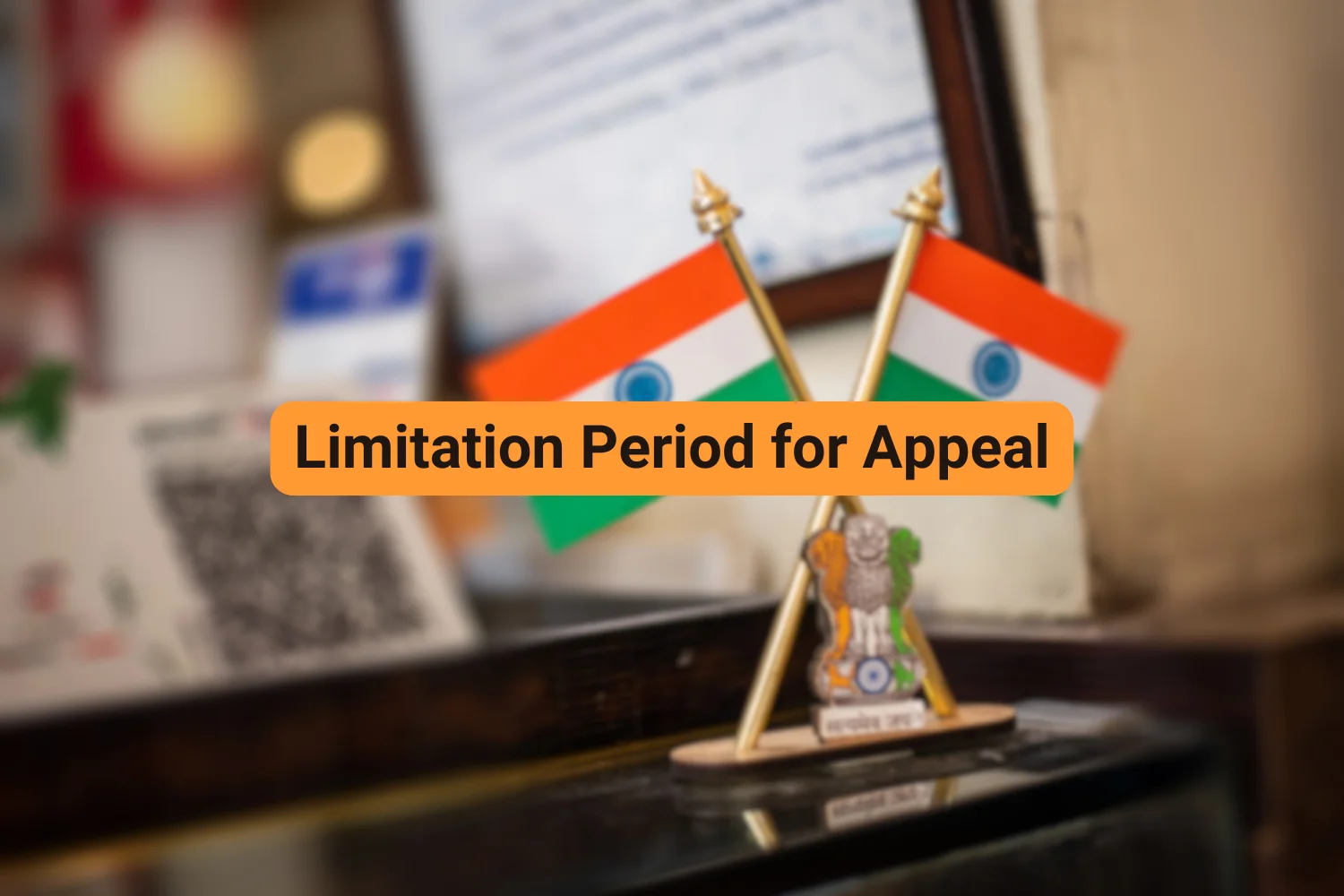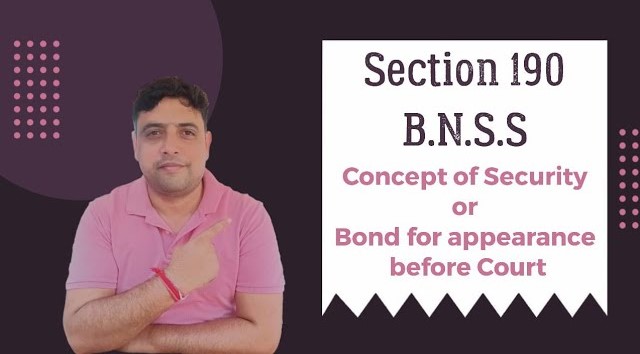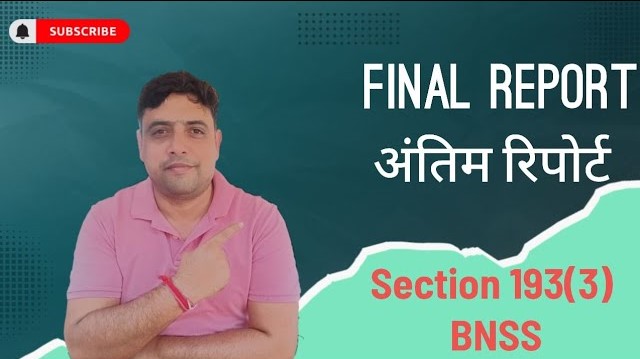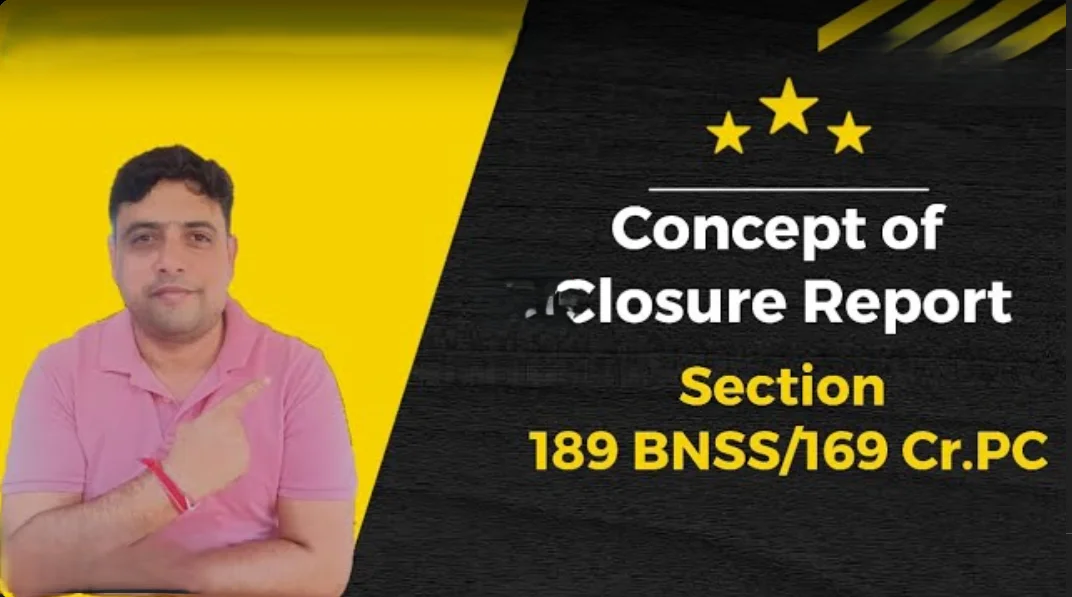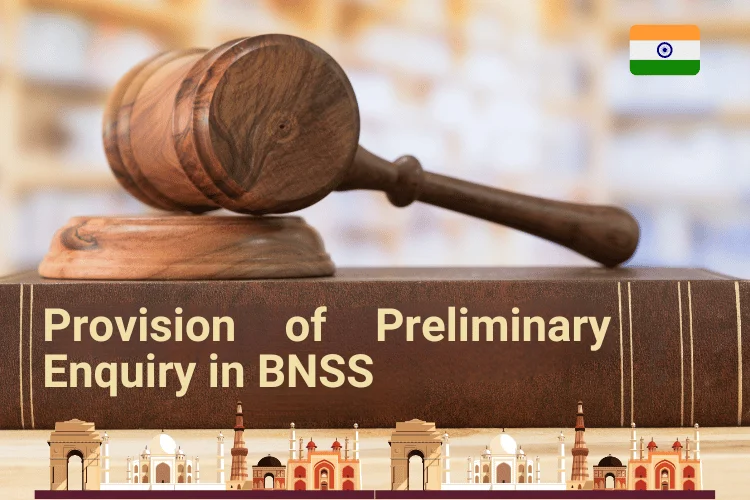RESTRICTIONS ON EMPLOYMENT WITH LANDMARK JUDGMENTS
INTRODUCTION
The legal profession is considered "noble" due to its role in upholding justice. However, this title carries a responsibility for lawyers to perform their duties with integrity and dedication. The legal profession's prestige depends on its ongoing commitment to ethical conduct and serving justice effectively. Past reputation alone is insufficient.
Part VI, Section VII (Rules 47-52) of the Bar Council of India Rules dealing with restrictions on lawyers' other employments, which is considered a professional etiquette due to the demanding nature of legal practice.
RESTRICTIONS ON OTHER EMPLOYMENTS FOR LAWYERS (RULES 47-52)
These rules outline limitations on the types of additional work lawyers (advocates) can engage in to ensure they dedicate sufficient time and attention to their legal practice and maintain the profession's dignity.
- Rule 47: Lawyers cannot personally run a business but can be silent partners (with approval from the State Bar Council) if the business is deemed appropriate for the profession.
- Rule 48: Lawyers can be directors or board chairs of companies (with or without a regular fee) as long as their duties aren't executive in nature. They cannot be managing directors or company secretaries.
- Rule 49: Lawyers cannot be full-time salaried employees while practicing law. If they take such a position, they must inform the Bar Council and cease practicing until they leave the employment.
Supreme Court Ruling on Law Officers:
- A Supreme Court decision prohibits Law Officers (government lawyers) from appearing in court, even for their employers.
- Existing Law Officers who previously appeared for their employers must cease doing so.
- State Bar Councils are responsible for enforcing this ruling.
Additional Activities Permitted (Rule 51):
- Reviewing parliamentary bills for payment.
- Editing legal textbooks for a salary.
- Proofreading legal content for newspapers.
- Coaching students for legal exams.
- Setting and grading legal exam questions.
- Broadcasting, journalism, lecturing, and teaching (legal and non-legal subjects), subject to advertising and full-time employment restrictions.
Part-Time Employment (Rule 52):Lawyers can take on part-time work with State Bar Council approval, as long as it doesn't interfere with their legal practice or violate professional dignity. The Bar Council of India can issue additional guidelines regarding part-time employment.
Overall, these rules aim to: Ensure lawyers prioritize their legal practice and client representation.
- Maintain a clear separation between legal practice and other business activities.
- Uphold the prestige and decorum of the legal profession.
CASE LAWS
Dr. Haniraj L. Chulani V. Bar Council of Maharashtra & Goa) This case highlights the rationale behind restricting lawyers from practicing other professions simultaneously.
Case Summary: Dr. Chulani, a medical practitioner, wanted to become a lawyer while continuing his medical practice.
Bar Council's Rule: The Maharashtra Bar Council rule prohibits practicing another profession alongside law.
Doctor's Argument: Dr. Chulani argued he could manage both professions and wouldn't practice medicine during court hours.
Court's Reasoning: The court rejected the argument due to potential conflicts:
- Conflicting Loyalties: A lawyer's and a doctor's duties require undivided attention, potentially leading to divided loyalties between clients and patients.
- Demanding Work: Legal practice requires significant preparation ("burn the midnight oil"), in-court examinations, and out-of-court work.
- Wholehearted Attention: To excel as a lawyer, full-time dedication and focus on the profession is necessary.
Satish Kumar Sharma v. Bar Council of Himachal Pradesh
Case Summary: Satish Kumar Sharma, a lawyer enrolled in the Himachal Pradesh Bar Council, challenged the Bar Council's decision to withdraw his enrollment.
Reason for Withdrawal: Mr. Sharma was a permanent employee and Deputy Secretary (Legal) in the Himachal Pradesh State Electricity Board (HPSEB).
Bar Council's Rule: The Bar Council cited Rule 49, which prohibits lawyers from being full-time salaried employees.
Court's Decision: The court dismissed Mr. Sharma's appeal, upholding the Bar Council's decision. They reasoned that:
- Mr. Sharma was a full-time salaried employee, not primarily focused on court appearances.
- Rule 49 aims to ensure lawyers have the time and dedication necessary for their legal practice.
- Re-enrolment Option: The court clarified that Mr. Sharma could re-apply for enrolment as an advocate once he leaves his full-time employment with HPSEB.
Obtaining Law Degrees by full time salaried employees
There have been numerous instances of persons who are full time salaried employees and at the same time undergoing the Law degree course at some other place without going through the syllabi and practical training prescribed by the Bar Council of India. In order to curb such practice, a Division Bench of the Madras High Court in P. Ramu v. Secretary, Bar Council of Tamil Nadu', held that a candidate obtaining Law degree during whole time employment is not entitled to enrolment as advocate. Court held that many persons have obtained degrees fraudulently. Therefore, following directions were issued to Bar Councils:
- Bar Councils are directed to verify whether the candidates, who apply for enrolment, after crossing 40 year of age, have rightly obtained Law Degree or not. If they had obtained Law Degree, while in service, then they shall not be enrolled.
- Bar Councils shall verify the Ration Card, Pan Card and Aadhar Card of the candidates to ascertain their address, social status and their income, at the time of enrolment.
- Bar Councils shall get an affidavit from the candidates, who crossed 40 years of age at the time of enrolment stating that they have not obtained law degree while they were in service.
"Empowering your legal journey, one resource at a time. Welcome to Vidhoon, your trusted hub for
comprehensive law notes, practical guidance, and expert support.
Explore, learn, and succeed with us!







